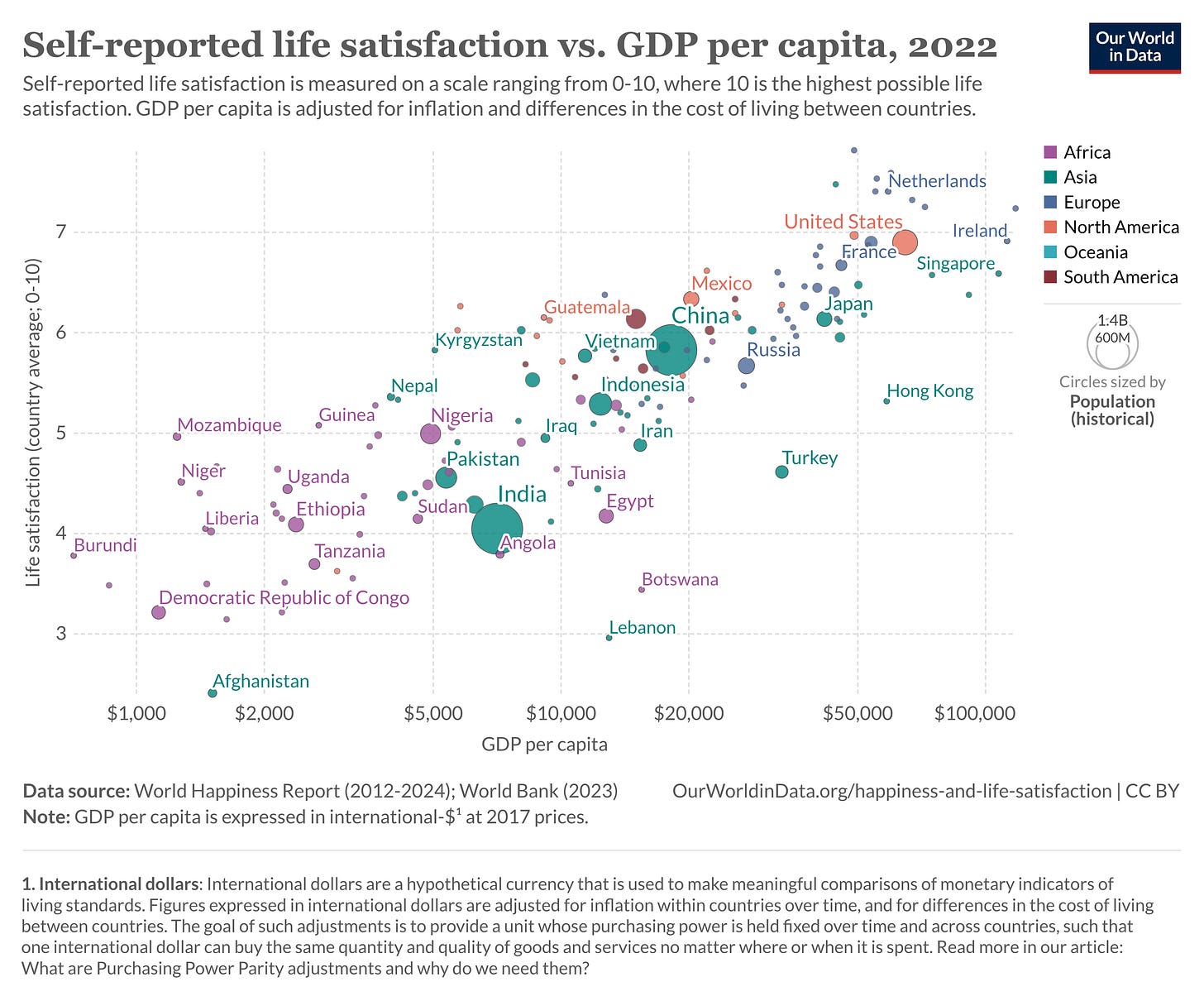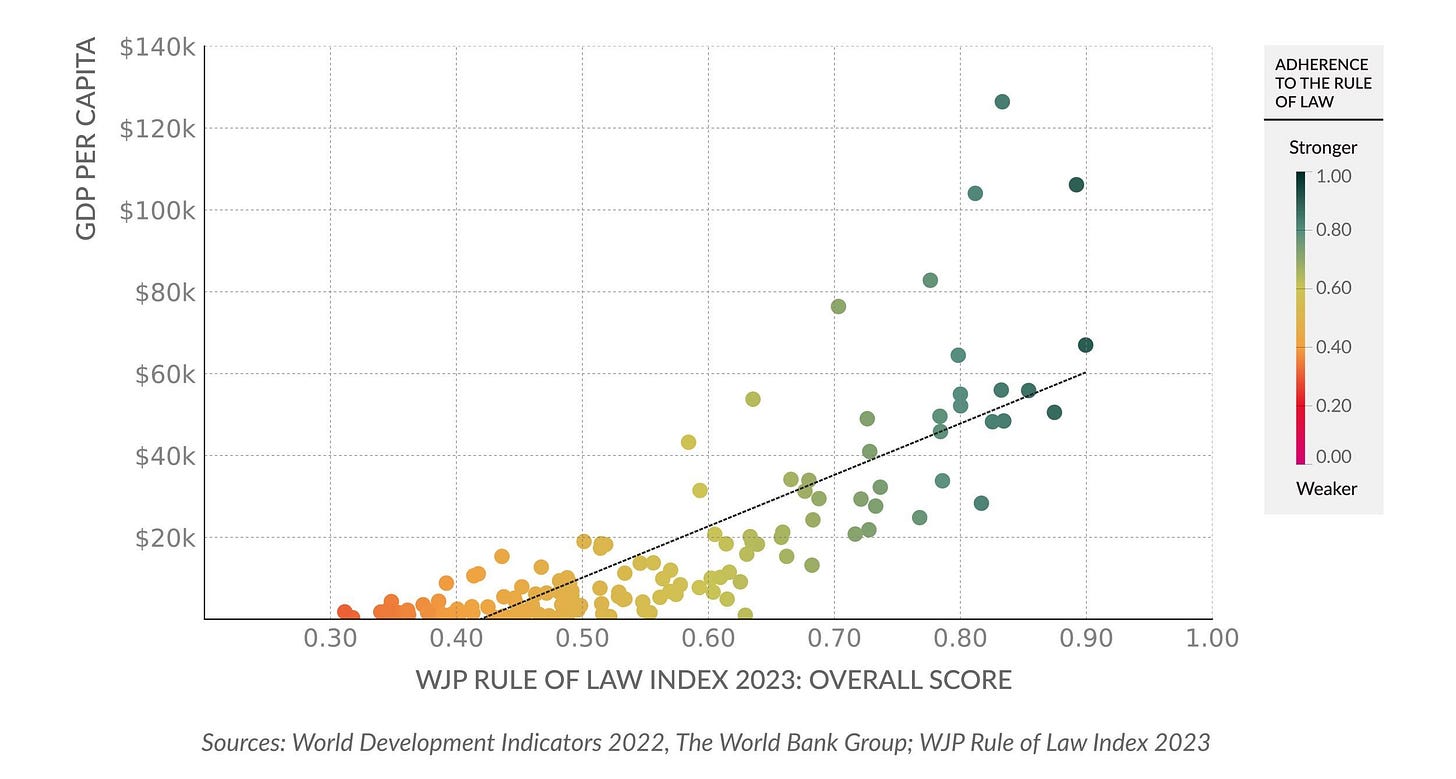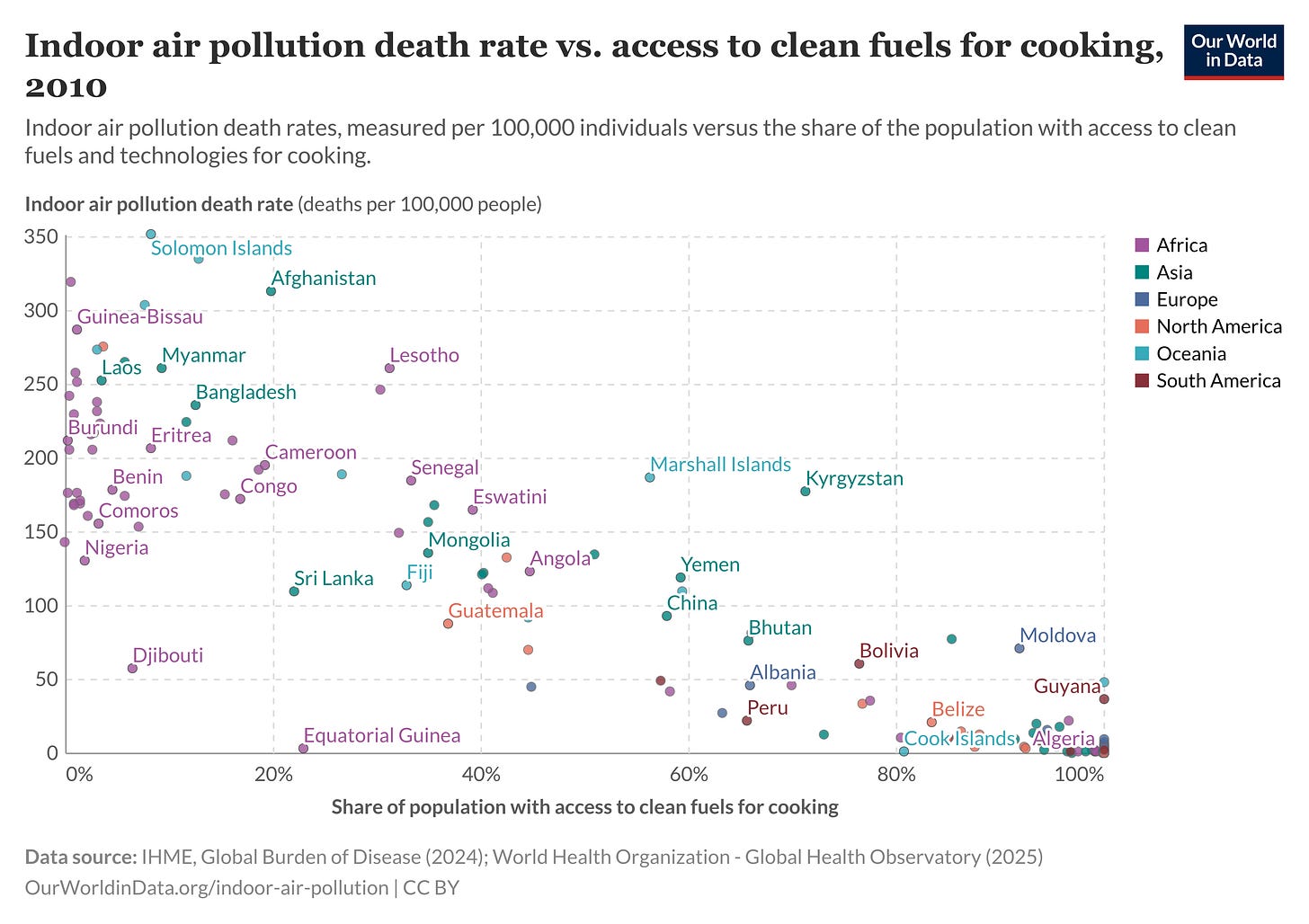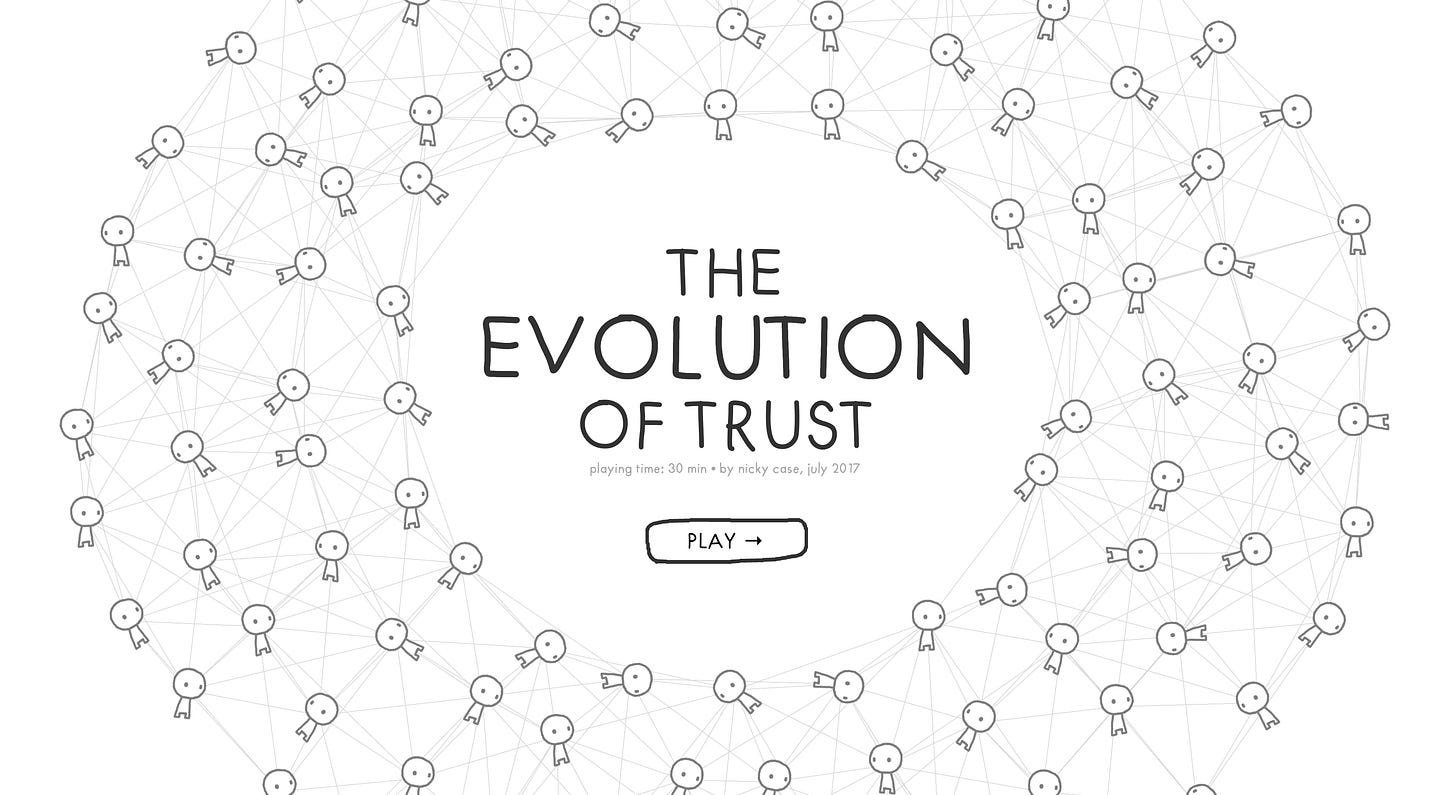Left vs right is stupid: a personal manifesto
A document to remind myself of what I believe
💡 Remember you can get free copies of my books here.
Two months ago I was enjoying an evening of wine and debate like a proper European. A favourite new friend (hi Clare 👋) during a debate on economics casually dropped something like “you're pretty right wing”. As Michael Jordan once said “and I took that personally”.
To be fair. My views don't fit in a neat left/right box. But the whole point is that most people's don't. So that casual discussion triggered this semi-socialist pseudo-capitalist Dutchman to write down my views in words. A bit for you dear reader, but mostly for myself.
In this Manifesto I will declare my (current):
Definition of politics
My Axioms: beliefs I cannot prove
Foundational truths: facts that guide me
Guiding principles: my decision shortcuts
I hope to be able to refer back to this document when I’m thinking through what I think about whatever I’m forming an opinion on at the time. I also expect my opinions to change over time, and look forward to this document being a time capsule of 2025 Mentor.
This page is mostly written to myself, but have included some external links that will help you understand my positions. Assume that when I say “should” in this document, I’m directing it at myself.
Politics is how groups decide
Politics is the process of making decisions about organising your society/group. E.g. company politics is how decisions get made at work. Family politics is how decisions get made in the fam, etc.
This section covers my basic views on what politics is, and thus what this document is for: deciding what to believe and what to do with regards to group dynamics.
Left and right do not exist
The concept of “left” and “right” politics comes from the French National Assembly after the 1789 revolution, where the radicals/reformists sat on the left of the room, and the monarchists/conservatives on the right. And to this day we use left for “wants change” and right for “wants to keep things as they are”.
Tell me: do you want to change all things in your life? Or want to keep everything the same? What about your country, do you want to change everything about it? Or keep everything the same?
It’s stupid thinking.
If you think about it for more than 2 seconds, there is no reason that someone’s belief about taxes would tell you anything about their opinion on religion or abortion. So why do so many people cluster their beliefs?
People don’t believe packages of left/right beliefs until you socialise them into them.
In other words: if you tell people “there are two groups, one of them believes a/b/c and the other believes x/y/z, now choose” then they will choose a package. And they will let their social monkey brain talk them into thinking “this is what our group believes so so must I”.
But if you don’t believe there are only 2 groups, you don’t believe the packages:
Here is a good video explaining the research into this: The political spectrum is a myth
Here is an academic article: Understanding the Determinants of Political Ideology: Implications of Structural Complexity (full text at Annas Archive)
You don’t have to choose a camp. You can just form opinions on things.
Personal politics are how YOU think/decide/act in a group
Politics is inherently about groups. The idea of personal politics points then to how you personally relate to how your groups organise. For me, personal politics fall into a few categories:
1. what do you think is important
2. what do you think about those important things
3. what do you want to do about those important things
Of course, any single person is a part of many groups. That is one of the interesting, beautiful, and complex things about being human. Your position in different groups can differ a lot. At work you might be responsible for many things. In your friend group your opinion may be valued. At family dinners you might have very little to say.
I personally like to behave from the same principles in all social groups, even if my position is different in them. This document is a collection of beliefs, truths, and principles that I use to decide how I want to think about things, decide things, and do things in a group context.
Axioms/beliefs
These are things I hold to be true but cannot fundamentally prove. I assume these to be true but acknowledge that they are beliefs and not facts.
Reality is coherent
I believe that the universe in which I live has rules, and that those rules do not change.
It is no coincidence that the world's biggest metaphysics and religions all converged on this.
I reject the notion that reality is incoherent or inconsistent. Even if it turns out that physical reality is a shadow of consciousness.
The logic of reality is knowable
I believe that through structured analysis I can get closer to the truth. The best current method for that is the toolkit of science. That is not to say taking the word of scientists, it means using the actual tools of logic.
I don't claim to know what the rules of the universe are. They are discovered over time, and what I think is true will change over time.
Responsibility is a perspective
Cause and effect are deterministic. Responsibility is a chosen perspective. Sunburns are caused by sunlight, but who is responsible for sunburns depends.
Responsibility is not about guilt or cause, it is about which point of leverage you choose to exercise in order to affect change.
“You are responsible” means “I think you're the best person to affect change and I want you to affect that change”. Or perhaps “you are uniquely suited”. Same goes for past tense.
In the case of sunburns, an adult is responsible for themselves. In the case of a child, who is uniquely suited to prevent sunburns? The child is definitely not the best person to make responsible.
Enjoying life is good
Both for me as a person and humanity as a whole, enjoying life is a good thing. Reducing suffering is a good thing.
What enjoyment means is more complicated. There can be great joy in chosen struggles that you choose to overcome. Pain doesn't have to mean suffering, and hedonism doesn't have to mean enjoyment.
Foundational truths
These are things I can prove. They are facts so important that I think about them often and use them to make decisions.
Copykitten is the best long term cooperation strategy
You should take 30 minutes to play the evolution of trust. The essential conclusion I draw from this is today you should:
Always start from an intention of cooperation
Always punish those that take advantage of your cooperation
Always forgive after punishing
Because:
Cooperation generally leads to the maximum gain by all parties
Both taking advantage of people and letting others get away with taking advantage of you are bad strategies
Forgiveness is the cure for miscommunication and personal development
But only if:
you are in a context that is not dominated by people taking advantage of others
in repeated interactions, because in a single interaction it's hard to punish meaning there is no cost to bad behavior. Which explains why multi-interaction yet cheap sales people (i.e. local coffee place staff) are stereotypically trustworthy, and single-interaction sales people are often known as untrustworthy (car sales, kitchens, mattresses etc)
Rich people are happier than poor people
The idea that money doesn't make you happy is a classic case of a “luxury belief”. You get to believe it when you're already rich. If you can't afford food, shelter, education, healthcare and so forth, you'll never believe something that silly.
Those who claim otherwise should hang this chart on their wall and stare at it every day:

It's true that on an individual level the effect of wealth flattens out at some point. It's also true rich people can be miserable. But just because you know of someone who smoked their whole life and lived to 95 doesn't mean smoking doesn't cause cancer.
Read an AI overview of the evidence.
Rule of Law is required for wealth
An economy is a complex web of cooperation. The more advanced a society gets, the more complex the web of cooperation gets. The stability of that complexity depends on stability.
If I can't know if agreements I make today will be honoured 5 years from now, how could I ever build any long term project?
Empirically we can observe this, countries with strong rule of law are richer and happier. That shouldn't be confusing:

Read an AI overview of the evidence.
Improvement of life is gained through technology
The big changes on quality of life tend to happen because of improvements in knowledge and technology.
Ask yourself what is the source of all the things modern societies enjoy:
Improved lifespan
Ubiquitous cheap food
Widespread access to knowledge
The big jumps in human flourishing agent because we optimise the resources we have, it's because we create explosions of new wealth. An example of this is how many people die because they do or do not have access to modern fuel (gas instead of wood):

Fighting poverty through money redistribution is good. But don't mistake it for the route to extreme improvements for humanity. It isn't and has never been.
Read an AI overview of the evidence.
Everyone is born with an innate range of capacity
If you are very short, you're unlikely to become a professional basketball player. Rigorous training can make you a better player, but you have a built in limit.
The same is true for many things. Including mental and emotional ones. Some people find math easy. Some have a hot temper. Education can help with math, and emotional maturity with temper, but everyone has a range of things that are easy for them, and a range of things that are hard for them.
Guiding principles
These are heuristics (mental shorthands) that I use to make decisions.
Actions speak louder than words
Put more energy into the outcome you want than than talking about it. Telling others about what you do is optional. Personally, I tend only to do it if I think it will make people take similar action.
Don't respect outrage. Words are cheap. And guess what, often so is action. Hold yourself to this, and feel free to adjust your view of others based on this.
Are you rage tweeting about Palestinian and Sudanese war victims? Donate to relief organizations first (I use world central kitchen). Greta Thunberg fan? Offset environmental damage (I offset carbon through Toucan and pay for experimental SO2 injections through make sunsets). Ranting about the world becoming totalitarian and fascist? Support the EFF and other freedom/privacy orgs and tools (I donate to the EFF, run a Tor exit node, and coordinate OnionDAO).
Incentives are more powerful than morals
Both on personal and societal levels, what you make easy and hard makes more difference than what you call right and wrong. If you want to affect change, think about making what you want easy/profitable and what you want to avoid hard/punished. In the words of Charlie Munger: “show me the incentive and I’ll show you the outcome”.
An alcoholic shouldn’t rely on their sense of what is good behaviour, they should not have alcohol in the house. Likewise if you want to go to the gym more, make sure your gym is close to where you live/work.
Do not rely on morals and will power when you want to get things done.
Results matter more than feelings
If you care about results, be willing to prioritise them over your feelings. When I was 15, my mother told me about a project she was proud of but for which she got no credit. I got indignantly upset that my mother was treated like that. She responded: “I got what I wanted” and seemed unperturbed about the price she paid. That woman gets things done.
This principle leads me to accept and even celebrate things other people find icky, for example: rich people donating money and bragging about it. If you badmouth a billionaire for donating food to poor people you are putting your feelings over the full bellies of the hungry. You won’t be getting my respect for that. If the price for improving the lives of others is that I need to stroke the ego of a billionaire, I will stroke with as much sensual passion as I have.
Some specific positions
I hesitated whether to include this. This document is about my larger philosophy and political principles. But I also know that to many people it will be unclear what this means for my position on things. So just for the fun of it, I’m adding some specific stances I have.
Note that these can change rapidly if I learn new information. I don’t mind changing my mind on things. I’ll try to pick some fun controversial positions. Enjoy.
Energy use is wealth. And since wealth makes people happy, and being happy is good, we should get everyone to use as much energy as possible. To do that we need to make energy cheap. To make energy cheap we need to stimulate production and remove taxes on energy. If we want to have that energy be green: deregulate and subsidise all carbon neutral energy production (solar, wind, nuclear, tidal, etc).
Climate change is real, and I’m not that worried about it. Solar energy is eating the world, and most climate changes can be solved with technology. People dying of climate/weather events has been going down over time. But it is an engineering problem, not an existential crisis. The world will go green because it is cheaper (soon), and if we want to offset our environmental impact during the 10-20 years it will take to go from fossil to green, we should inject SO2 into the stratosphere immediately.
We should institute a negative income tax for low incomes. The best way to fight poverty is to support the poor. The easiest way to do that without disincentivising work is to for example charge -20% on your first 10k of income (in effect paying you extra if you are poor) but make it a sliding scale so with every bit of extra work you do you still earn more. This prevents effects like people deciding not to work more because it would void a bunch of subsidies and make it barely pay off to work more.
We should legalise every drug that is less harmful than alcohol, and institute a “substance license” similar to a driving license where you have to take a test about the effects and risks of each substance before you can buy them. The test should cost money, and should entitle you only to a limited amount of purchases per week/month.
Education should be treated like venture capital investments: you invest in people, not knowing which will make crazy amounts of money, but knowing some will and those will pay for everyone who doesn’t. You could align incentives by making education “free” but allowing schools/universities to charge up to 5% of the income of a student up to 10 years after graduation (perhaps including their wealth, in case they create some crazy company).
The Netherlands should stop using the Euro, and exempt itself from every EU rule that is not explicitly about trade (which is what the EU is supposed to do anyway). Having one monetary policy for the whole EU is like having a thermostat that changes the temperature in all the houses of the EU at the same time. Different countries have different needs, and this system is creating imbalances that will make things explode sooner or later.
Every company above a certain size should allow employees to buy equity in the company. This is obviously already true for large public companies, but I think giving people this option on a small scale would align incentives and make everyone feel ownership over how they spend their days. Consider it opt-in socialism.
Everywhere where there is a speed limit there should be a speed camera. The proceeds of the fines that are paid because of that camera go to the neighbourhood budget where that camera is. It has always baffled me how little speed cameras exist. Either don’t set a speed limit, or enforce it.
💡 Remember you can get free copies of my books here.



Good article Mentor! Nice to make your point of view more explicit. I find that I agree with at least 80% of your axioms and your positions. One thing I wonder is how to have more people come around to this way of viewing the world:
* Energy use is wealth.
* Climate change is real, and I’m not that worried about it. Solar energy is eating the world, and most climate changes can be solved with technology. People dying of climate/weather events has been going down over time. But it is an engineering problem, not an existential crisis. The world will go green because it is cheaper (soon), and if we want to offset our environmental impact during the 10-20 years it will take to go from fossil to green, we should inject SO2 into the stratosphere immediately.
* We should institute a negative income tax for low incomes.
What do you think? Especially in the Netherlands there is a lot of panic around climate change.